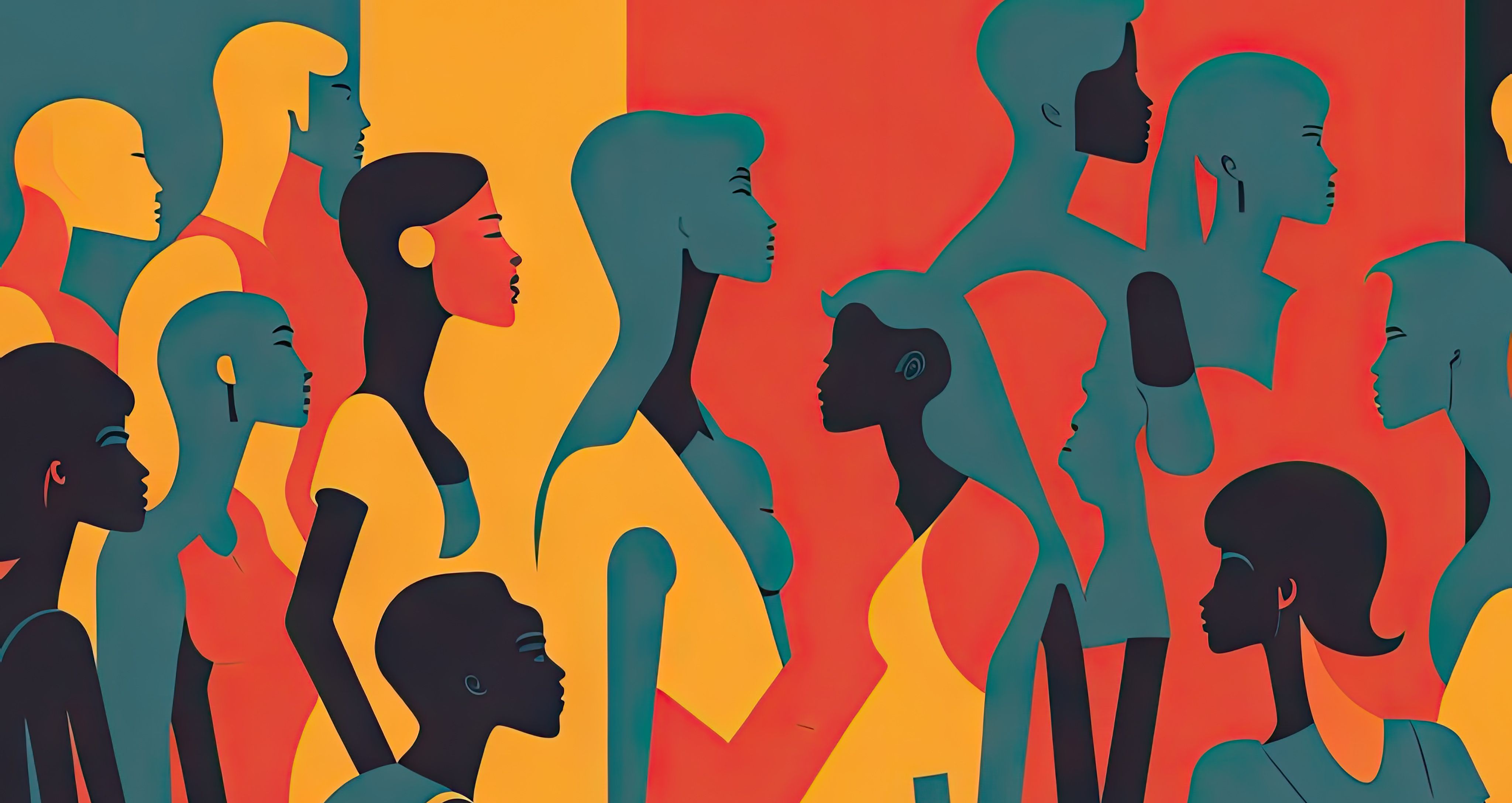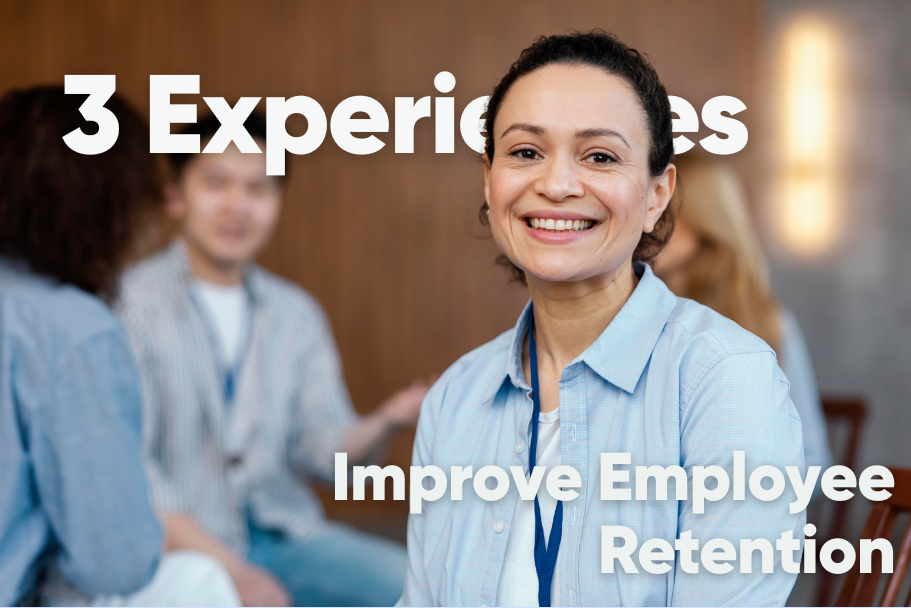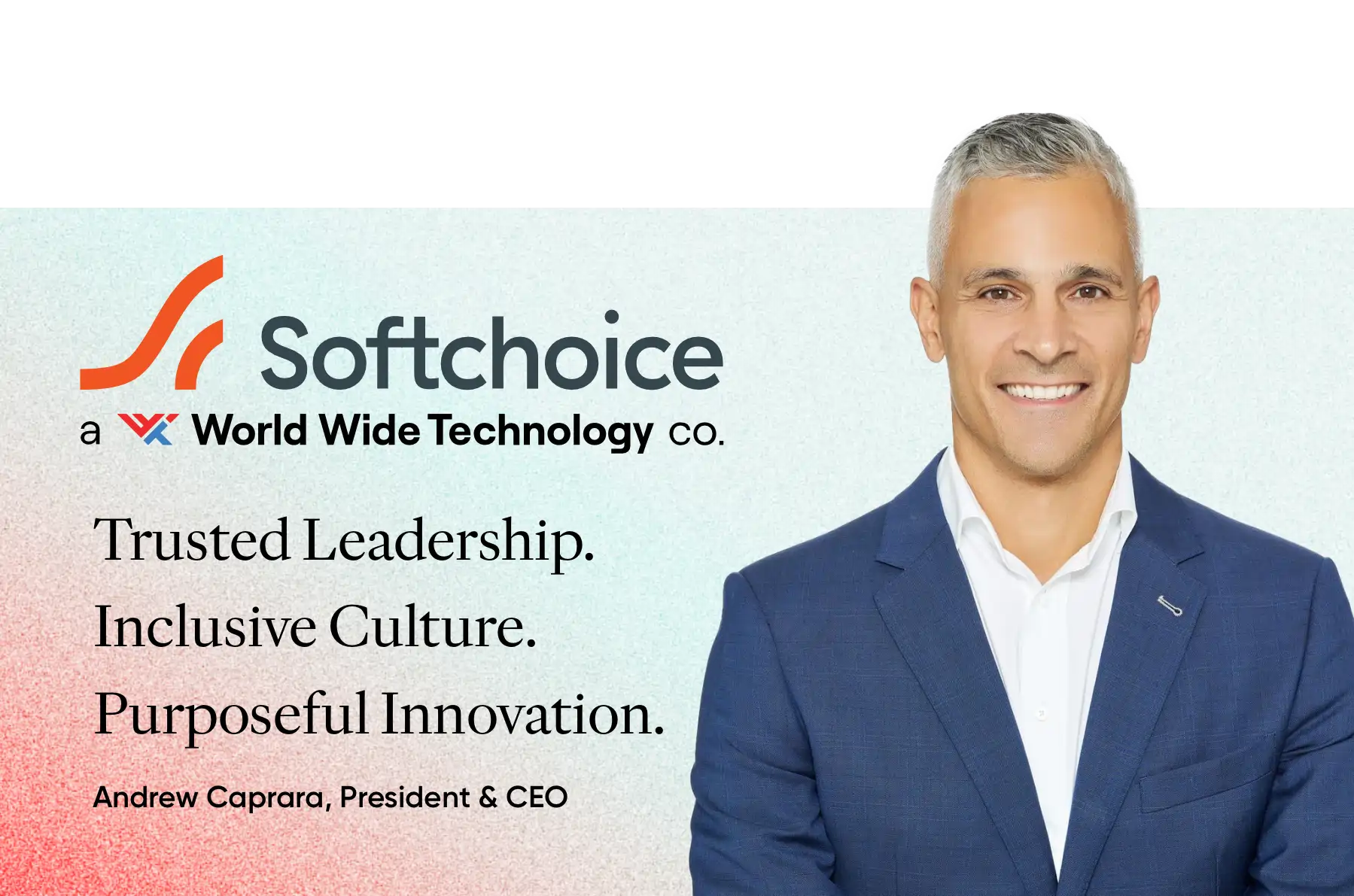
Best Workplaces, Company Culture, Retention, Belonging
Here's why diversity and inclusion in the workplace is important. More than policies, programs, or headcounts, equitable employers outpace their competitors by respecting the unique needs, perspectives, and potential of their diverse workforce. As a result, diverse and inclusive workplaces earn deeper trust and more commitment from their employees.
That’s a pretty compelling reason to make diversity and inclusion a priority and it’s a call to action that the Best Workplaces™ for Inclusion have resoundingly answered. To even be considered for this Best Workplaces list, organizations had to have a minimum of 90% of their employees agree that people are treated fairly regardless of gender/ethnicity/age/sexual orientation. The average for the organizations that made the list is 96%!
"People are treated fairly regardless of gender/ethnicity/age/sexual orientation"
Minimum Required to Be Considered for the List?
90% Employee Agreement
Average at Organizations on the List?
96% Employee Agreement
What do these organizations know, and do, to achieve this level of confidence that their workplace is fundamentally fair for all? One of the keys is understanding that diversity and inclusion are not the same thing. You can have all the best strategies for recruiting and hiring a diverse staff and still fall short on inclusion and fairness. Creating a great work environment for ALL means both bringing many different people together and then providing all of them access to the opportunities and supports they need to grow and flourish.
What is the difference between diversity and inclusion?
Diversity and inclusion are two interconnected concepts—but they are far from interchangeable. Diversity focuses on representation or the make-up of an entity. Inclusion is about how well the contributions, presence, and perspectives of different groups of people are valued and integrated into an environment.
An environment where many different genders, races, nationalities, and sexual orientations and identities are present but only the perspectives of certain groups are valued or carry any authority or influence, may be diverse, but it is not inclusive.
What is diversity and inclusion in the workplace?
A diverse and inclusive workplace is one that makes everyone, regardless of who they are or what they do for the business, feel equally involved and supported in all areas of the workplace. The “all areas” part is important.
Do you have diversity in your recruiting, in each of your departments, and in your leadership? Or do you have a diverse workplace where 50% of your employees are women but 0% of your women are managers? Do you have a good representation of employees of color overall, but all of them are in the same department? It could be something less obvious but just as revealing, like do you host lots of events to promote diversity but find they are attended by the same group of people?
These telling questions reveal true diversity and inclusion in the workplace.
Why is diversity and inclusion in the workplace Important?
Research has shown many benefits of a diverse and inclusive workplace:
- Higher revenue growth
- Greater readiness to innovate
- Increased ability to recruit a diverse talent pool
- 5.4 times higher employee retention
Inclusion in the workplace is one of the most important keys to retention
When employees don’t feel that their ideas, presence or contributions are truly valued or taken seriously by their organization, they will eventually leave.
At the Best Workplaces for Inclusion their employees DO feel seen and valued.
93% believe they are treated as a full member of their organization regardless of the position they hold.
92% believe their manager is interested in them as a person, not just an employee.
89% believe they make a difference.
Our research on company culture shows that when employees trust that they, and their colleagues, will be treated fairly regardless of race, gender, sexual orientation or age, they are.
- 9.8 times more likely to look forward to going to work
- 6.3 times more likely to have pride in their work
- 5.4 times more likely to want to stay a long time at their company
Having an inclusive workplace culture not only helps you attract a diverse set of talent but also helps you retain the diverse talent you attracted in the first place.
What is the difference between diversity, inclusion and belonging?
The diversity that lacks genuine inclusion is often called “tokenism.” A genuinely inclusive workplace doesn’t just have a diversity of people present, it has a diversity of people involved, developed, empowered, and trusted by the business. Diversity efforts need to go beyond setting up a DEI committee and issuing some grand statements about your commitment to treating everyone fairly. Likewise, inclusion efforts need to go beyond providing equal opportunity – and that brings us to belonging:
The difference between diversity, inclusion and belonging is that diversity is the representation of different people in an organization, inclusion is ensuring that everyone has an equal opportunity to contribute to and influence every part and level of a workplace, and belonging is ensuring that everyone feels safe and can bring their full, unique selves to work.
Belonging is the key that separates workplaces doing a good job at inclusion and those that do it best, like the organizations on this list. We call this the For All™ approach.
What is the Great Place To Work For All™ definition?
For All is Great Place To Work’s definition of a workplace culture that has evolved beyond “Diversity and Inclusion.”
The goal of the For All approach is to create a consistently high-trust workplace experience for everyone, no matter who they are or what they do for the organization. It's being able to create spaces that celebrate diverse backgrounds and inclusive cultures.
Everyone matters in a For All workplace
For All is the accumulation of day-to-day experiences that fuel a thriving company culture. They are the leaders who push to overcome challenges and create a workplace where employees feel they belong, that their unique talents matter, and that their individual needs are cared for by their colleagues and leaders. When companies experience the very human acts of acknowledgment, inclusion, dignity, and compassion, that is when they can achieve For All.
For All is critical for success. Workplaces today are more diverse and globally connected than ever before. With the complexities of today’s work environment, leaders must tap into collective intelligence to maximize the potential of every person. Technological and social changes continue to alter the landscape in every industry. Organizations will need the human judgment, empathy, passion and creativity of all their people to realize the full promise of the era’s new technologies, increase agility and inventiveness and address the challenges of an increasingly demanding, vocal marketplace.
Organizations that remain “For Some” risk losing money, earning less and falling behind their competitors in this disruptive climate. The Best Workplaces however, know that by adopting a For All approach with their diversity and inclusion efforts they will cultivate tremendous value from their people’s differences and they will thrive.
If you’re ready to create a great place to work For All™ – contact us about our solutions today.






